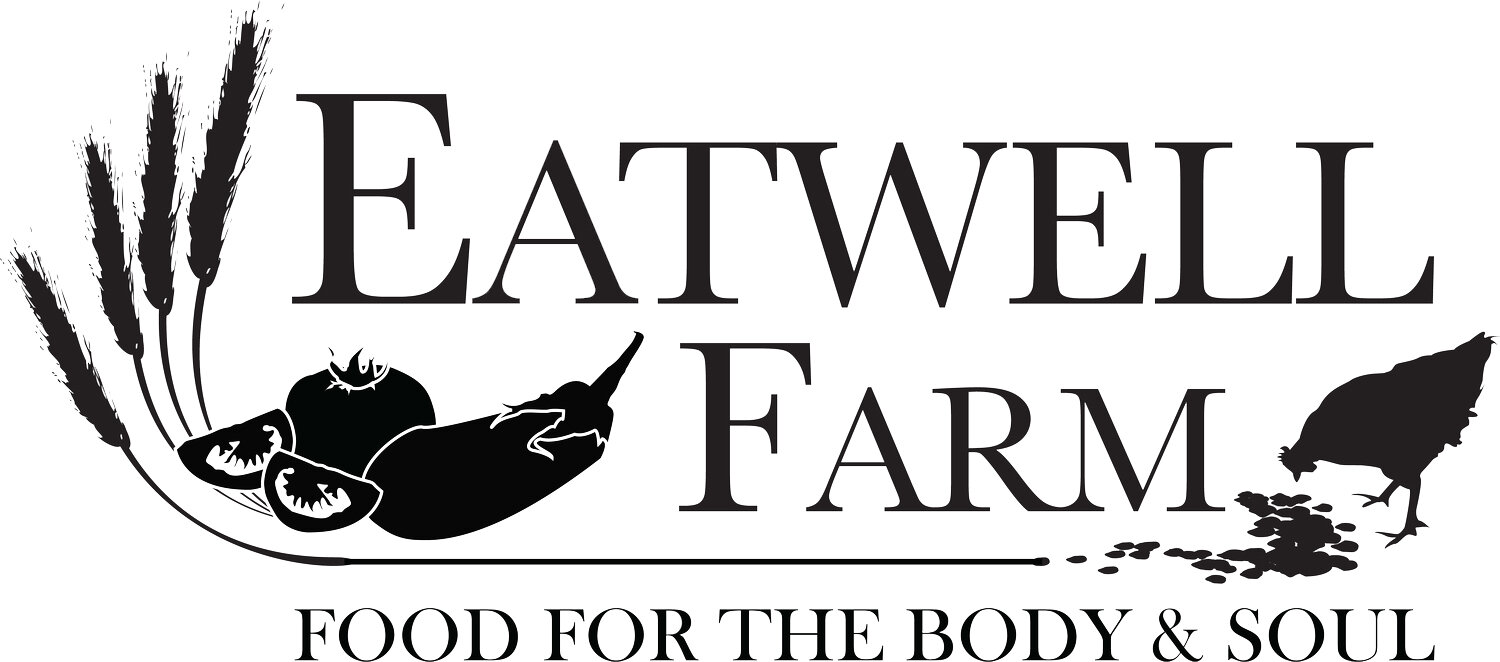CSA is a term we all use pretty regularly, but how many people really know the true meaning, or even the history of the CSA movement? According the USDA:
The CSA concept originated in the 1960’s in Switzerland and Japan, where consumers interested in safe food and farmers seeking stable markets for their crops joined together in economic partnership. In basic terms, CSA consists of a community of individuals who pledge support to a farm operation so that the farmland becomes, either legally or spiritually, the community’s farm, with the growers and consumers providing mutual support and sharing the risks and benefits of food production.
Originally (many CSA’s still operate this way), members would sign up for the season, making a financial commitment for a share of the abundance produced that season. Here at Eatwell we are extremely fortunate to have the climate that allows us to farm year round, so we don’t operate seasonally. But the spirit of what we do is still very much Community Supported Agriculture.
It is a beautiful system with tremendous benefits for all of us, but as the USDA stated in their description we all share the benefits as well as the risks. I bring this all up because, in our busy lives, I think it is easy for us to forget sometimes what this lifestyle choice means. We are all growing very accustomed to having almost anything delivered to our door within days, if not overnight. So our expectations are pretty high. But the sad thing is, our global economy has moved us even further from our food, from a knowledge or understanding of what producing food is all about, and what it means to eat seasonally, to look forward to those summer fruits, winter squash etc.
So getting back to the heart and soul of a CSA, it is important to remember that along with reaping the rewards of the bounty, there is a shared risk. Our strawberry season so far this year is a perfect example of the risk. Those strawberries we all enjoyed at the beginning of April turned out to be the strawberry flush we normal enjoy in May. The berries cycle and sadly, because our winter and early spring were so very warm, they cycled really early this year. Here is the shared risk, as much as it upsets all of us, and believe me it is upsetting for us on the farm too. Our berries are just not in heavy production this year for our annual Strawberry Days. There is nothing we can do about that. But as members your support is constant, and that is how a farm like ours survives; because you are here with us through thick and thin. And hopefully in another month or so we will have a huge flush of strawberries and everyone will get two baskets of berries instead of one in their CSA Share.
Come and visit YOUR farm. Ando Uyesugi, son of members Ginny and Matthew, holds one of our heritage chicks at a Strawberry Day. Photo credit: Matthew Uyesugi.
There is one more Strawberry Day coming up this Sunday. If you haven’t made it up yet this year, I really encourage you to get a ticket and join us. Whether there are strawberries enough just for eating out in the field or just maybe a limited supply you might be able to pick for purchase (we won’t know until 2pm that day), it is important to visit your farm. As the USDA describes it, this farm is “spiritually” yours. Walk the land, see the lambs, the heirloom chicks that are making up our new Eatwell bred flock that so many of you helped with your financial support, visit Stella and our cows, it’s all good stuff. And more than good, it is important. Get those City shoes dirty, get your finger nails dirty, being on the farm connects you to one of the most important acts you perform every day, feeding yourself. So come on up, and breathe the farm air, eat some strawberries, enjoy the soil and all this beautiful place brings us. See you Sunday! Lorraine

